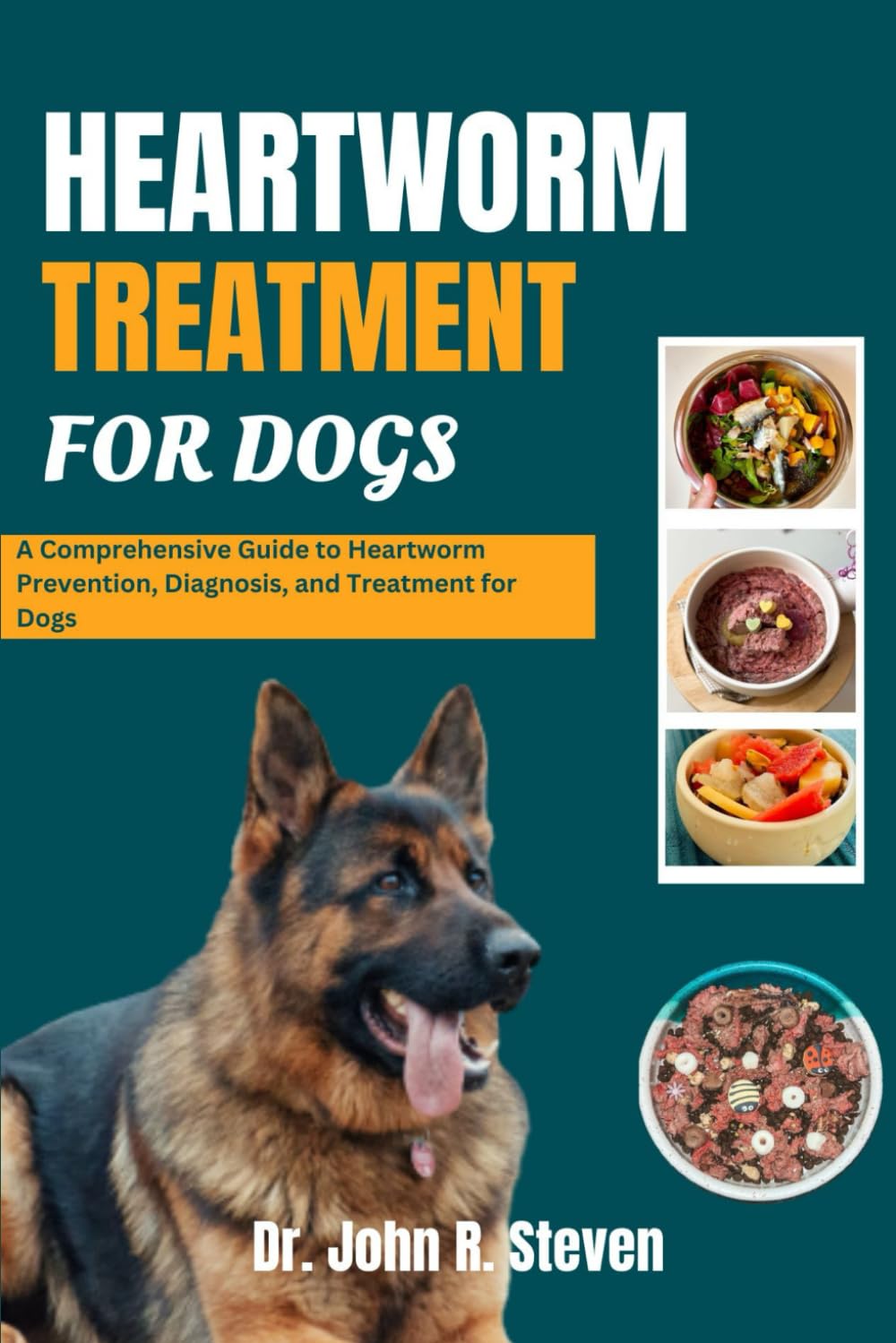Heartworm disease poses a significant threat to dogs globally, with cases reported across every U.S. state. Without timely intervention, infected dogs can suffer severe illness and even death. The disease is transmitted by mosquitoes, making infected dogs a reservoir for spreading heartworms to other canines, as well as cats and ferrets. Fortunately, for dogs diagnosed with heartworms, effective treatments are available to cure the disease. Dogs who do test positive for heartworms can still be treated and cured.
Understanding Heartworm Testing
Veterinarians routinely screen dogs for heartworms through blood tests, especially during annual checkups for dogs on preventative medication. Testing is also crucial when signs of the disease, such as coughing or difficulty breathing, are observed, or if there’s been a lapse in preventative medication. For newly adopted dogs, testing is recommended, with a retest typically scheduled six months later, as tests may not detect infections until six to seven months after initial exposure.
Medications and Treatment Protocols
Prompt treatment is vital to prevent irreversible cardiovascular damage. The American Heartworm Society (AHS) recommends a phased treatment protocol designed to eliminate heartworms efficiently while minimizing complications.
Stabilization and Initial Treatment
Dogs exhibiting clinical signs of heartworm disease may first require stabilization with medications like steroids. Following stabilization, the treatment regimen includes a heartworm preventative and doxycycline, an antibiotic. The heartworm preventative tackles immature worms and prevents new infections, while doxycycline weakens adult heartworms over four weeks, making them easier to eliminate and reducing potential complications. These medications can often be administered at home under veterinary guidance.
Eliminating Adult Heartworms
After a 30-day waiting period post-doxycycline, the next critical medication is melarsomine, administered by a veterinarian. This protocol typically involves a series of three injections given over a month. During this period and for a month afterward, strict activity restriction is essential to prevent complications from dying worms blocking blood vessels. This means limiting activities such as running and vigorous play.
The Importance of Activity Restriction
Activity restriction is paramount throughout the treatment process, commencing as soon as a heartworm diagnosis is confirmed and continuing for six to eight weeks post-final melarsomine injection. While challenging for active dogs, it’s crucial for successful treatment. Engaging dogs with mental stimulation exercises can help manage their energy during this period. Physical exertion should be restricted as soon as a dog’s heartworm diagnosis is confirmed.
Surgical Intervention for Severe Cases
In severe cases, particularly those involving caval syndrome, where numerous worms obstruct blood flow in the heart, surgery may be necessary. This delicate procedure involves removing worms from the heart chambers. Following recovery and stabilization from surgery, melarsomine treatment can be administered to eliminate any remaining heartworms.
Prognosis and Long-Term Outlook
While heartworm treatment requires commitment through multiple medications, veterinary visits, and activity restrictions, the prognosis for most dogs is good, especially when treated promptly. Early diagnosis and adherence to the AHS protocol, coupled with proper home care and restriction, significantly reduce the likelihood of serious complications. Veterinarians will conduct follow-up blood tests to ensure all stages of the heartworm have been eliminated.
Preventing Heartworm Disease: The Best Defense
Dogs treated for heartworms remain susceptible to reinfection if year-round prevention is not maintained. Various preventative options are available, including monthly chews, topical treatments, or veterinarian-administered injections (twice-yearly or annual). Consulting with your veterinarian can help you choose a prevention method that suits your lifestyle and budget. Consistent, year-round prevention is far more cost-effective and safer than treating the disease.
Mosquito control measures, such as eliminating standing water and using approved repellents, can offer an additional layer of protection, particularly in mosquito-prone areas. However, these measures should complement, not replace, a prescribed heartworm preventative.
Frequently Asked Questions About Heartworm Treatment
Can heartworms in dogs be cured?
Yes, dogs infected with heartworms can be successfully treated with a regimen of prescribed medications over several weeks and months. Consistent quiet and calm activity is critical throughout the treatment and recovery period.
Can I treat my dog for heartworms at home?
While most dogs can recover at home during treatment, the necessary medications require a veterinary prescription, and some must be administered by a vet. Periodic check-ups are essential for monitoring recovery and administering specific injections.
How much does it cost to treat a dog with heartworms?
The cost can range from hundreds to thousands of dollars, depending on the disease’s severity and local veterinary fees. Heartworm prevention, however, is a significantly more affordable and safer alternative.
Written by Blue Brawner, DVM

